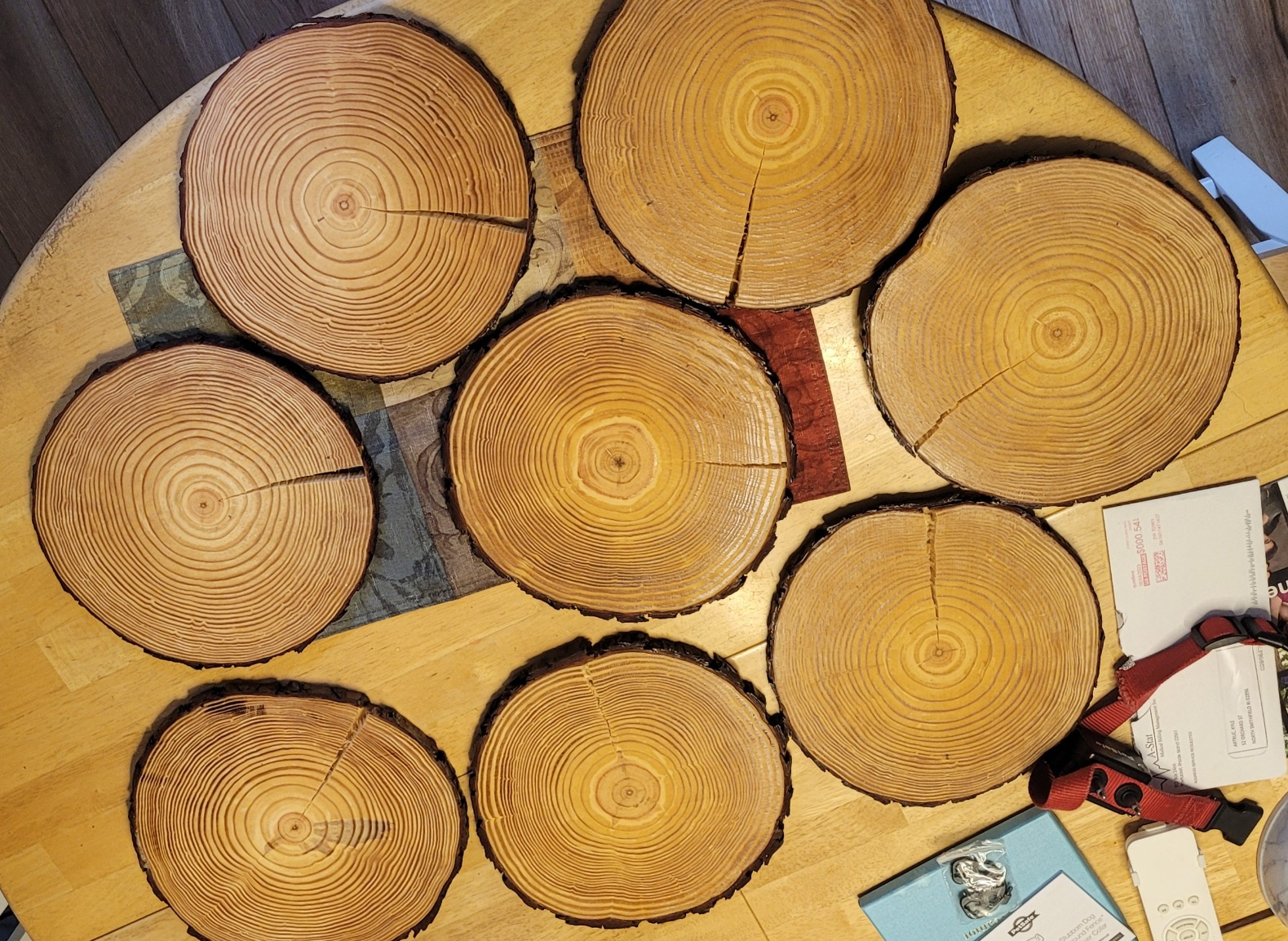this post was submitted on 09 Aug 2023
35 points (97.3% liked)
Woodworking
7690 readers
1 users here now
A handmade home for woodworkers and admirers of woodworkers. Our community icon is submitted by @1985MustangCobra@lemmy.ca whose father was inspired to start woodworking by Norm and the New Yankee Workshop.
founded 2 years ago
MODERATORS
you are viewing a single comment's thread
view the rest of the comments
view the rest of the comments

I find it interesting that the untouched rounds are (so far!) doing better. I don't have any answers, but I'll speculate.
Shellac is pretty permeable to water vapour. I don't know how much it slows the exchange of water vapour, but it might not be much.
I would be curious how sanding alone affects stability. I can imagine sanding increasing the surface area exposed to the atmosphere, speeding up the exchange of water vapour.
I'm going to experiment a bit.
While you're at it, maybe plane or scrape a couple of rounds, too. If sanding marks and raised grain really do increase the exposed area, getting rid of them will reduce it.
I would think someone out there has already done the experiments, but I didn't find anything with a quick look.
Also, if you're not committed to shellac, there are coatings that are less permeable to water vapour.